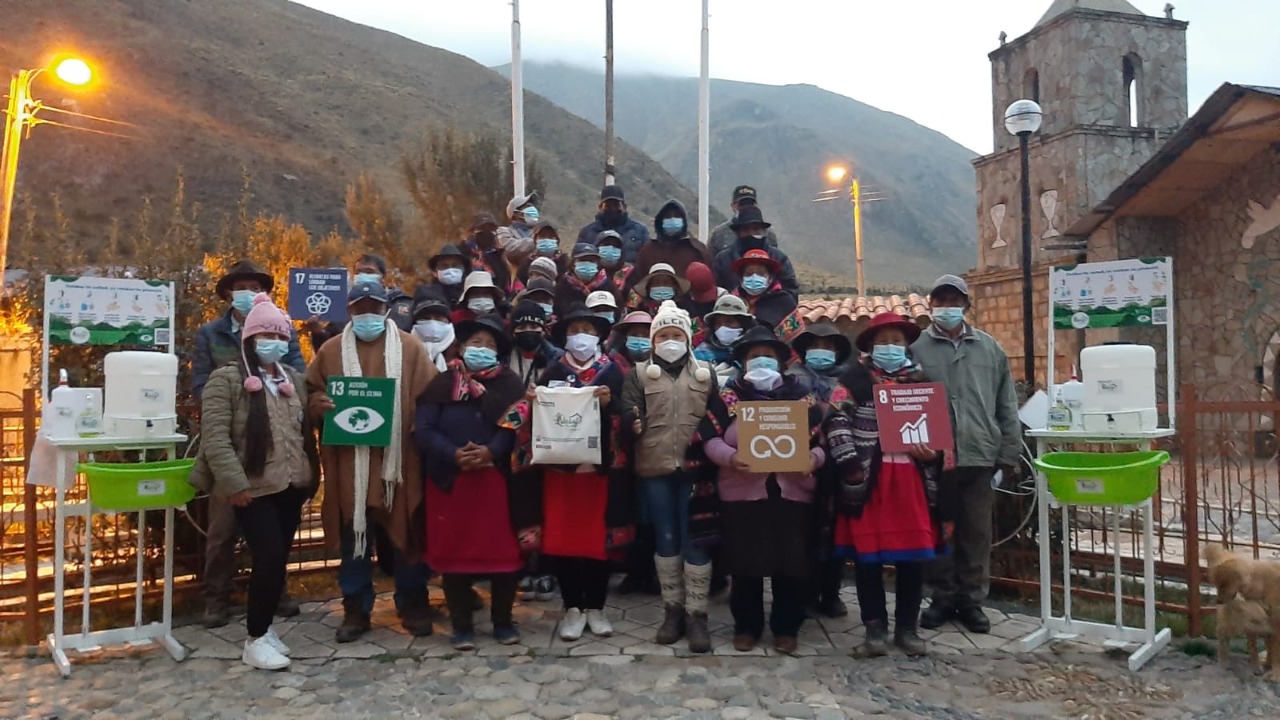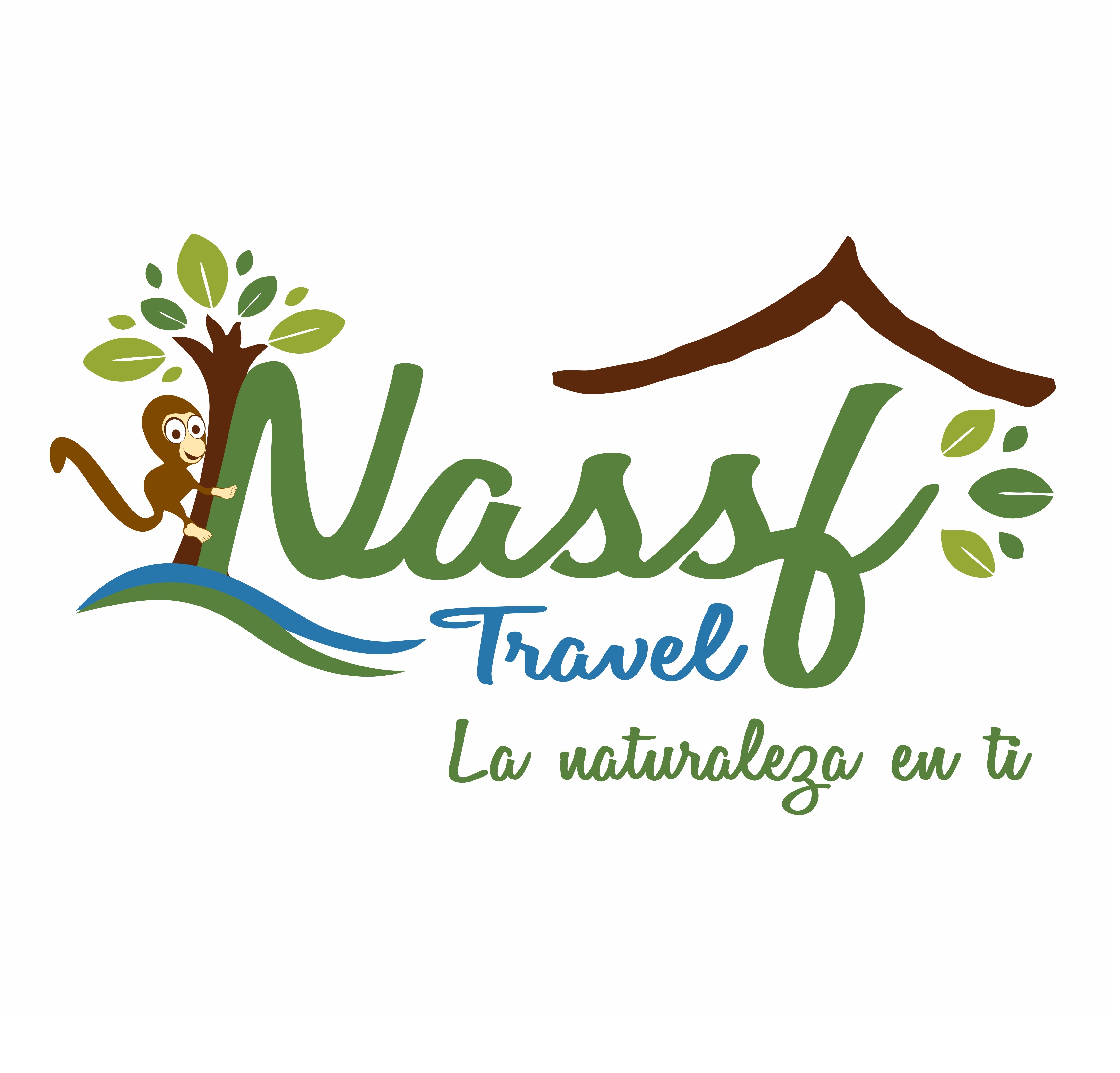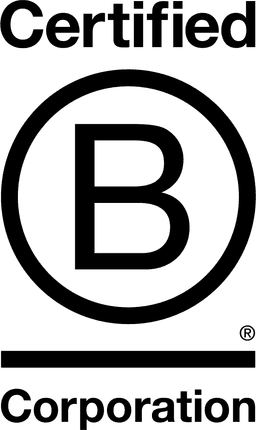

Naturaleza Sostenible Sin Fronteras SAC

Lima, Peru
June 2019
Other personal services
Service with Minor Environmental Footprint
Ecuador,
Peru
Nassf Travel es operador de turismo receptivo en el Perú con buenas prácticas eco amigables y experiencias sostenibles. Creamos viajes personalizados y de incentivos; así como brindamos los servicios de boletos aéreos nacionales e internacionales, seguros de viajes, alojamiento, transporte privado, capacitaciones en sostenibilidad, gestión de residuos sólidos, procesos y gestión de calidad para empresas y comunidades. Realizamos un modelo de negocio híbrido que combina actividades productivas y filantrópicas en una sola estrategia innovadora con un enfoque social y ambiental, asegurándonos que el principal beneficiario sea el poblador local junto con el turista sin dejar de salvaguardar la Tierra. El 10% de las compras es invertido en proyectos socio ambientales en comunidades indígenas y campesinas dirigido por nuestra ONG Red Ecovoluntariado Nassf Latinoamérica.
Overall B Impact Score
Governance 22.9
Governance evaluates a company's overall mission, engagement around its social/environmental impact, ethics, and transparency. This section also evaluates the ability of a company to protect their mission and formally consider stakeholders in decision making through their corporate structure (e.g. benefit corporation) or corporate governing documents.
What is this? A company with an Impact Business Model is intentionally designed to create a specific positive outcome for one of its stakeholders - such as workers, community, environment, or customers.
Community 89.2
Community evaluates a company’s engagement with and impact on the communities in which it operates, hires from, and sources from. Topics include diversity, equity & inclusion, economic impact, civic engagement, charitable giving, and supply chain management. In addition, this section recognizes business models that are designed to address specific community-oriented problems, such as poverty alleviation through fair trade sourcing or distribution via microenterprises, producer cooperative models, locally focused economic development, and formal charitable giving commitments.
What is this? A company with an Impact Business Model is intentionally designed to create a specific positive outcome for one of its stakeholders - such as workers, community, environment, or customers.
Environment 12.5
Environment evaluates a company’s overall environmental management practices as well as its impact on the air, climate, water, land, and biodiversity. This includes the direct impact of a company’s operations and, when applicable its supply chain and distribution channels. This section also recognizes companies with environmentally innovative production processes and those that sell products or services that have a positive environmental impact. Some examples might include products and services that create renewable energy, reduce consumption or waste, conserve land or wildlife, provide less toxic alternatives to the market, or educate people about environmental problems.
What is this? A company with an Impact Business Model is intentionally designed to create a specific positive outcome for one of its stakeholders - such as workers, community, environment, or customers.
Customers 2.3
Customers evaluates a company’s stewardship of its customers through the quality of its products and services, ethical marketing, data privacy and security, and feedback channels. In addition, this section recognizes products or services that are designed to address a particular social problem for or through its customers, such as health or educational products, arts & media products, serving underserved customers/clients, and services that improve the social impact of other businesses or organizations.